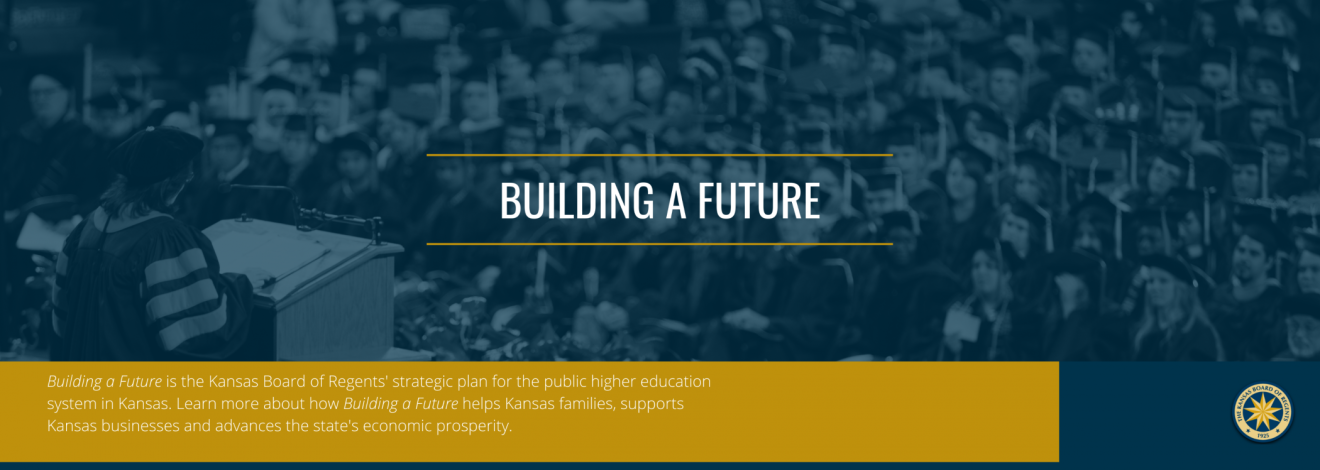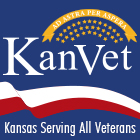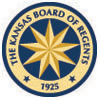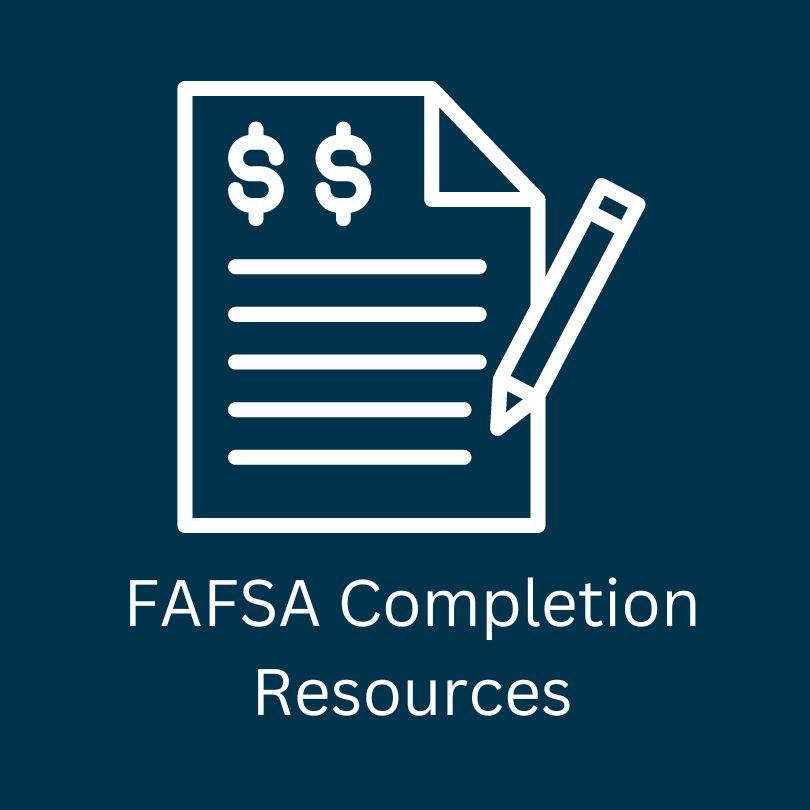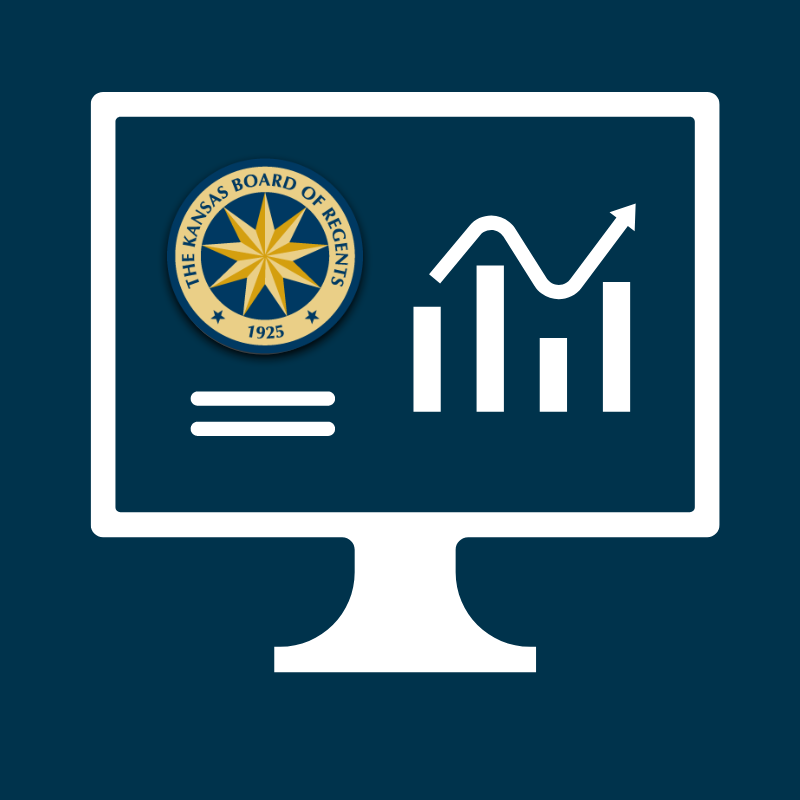Complete Databook (pdf) - January 2015
Section I: Finance
1.10 - Total Operating Expenditures at State Universities by Fund, FY2009-FY2014
1.12 - All Funds Operating Expenditures by Program, FY2009-FY2014
1.13 - General Use Operating Expenditures by Program, FY2009-FY2014
1.14 - General Use Operating Expenditures by Object, FY2009-FY2014
1.30 - Total Operating Expenditures by Fund, FY2009-FY2014
1.32 - All Funds Operating Expenditures by Program, FY2009-FY2014
1.33 - General Use Operating Expenditures by Program, FY2009-FY2014
1.34 - General Use Operating Expenditures by Object, FY2009-FY2014
Section II: Tuition and Fees
2.1a - Resident Tuition Rates Approved for Academic Year 2010 - Academic Year 2015 Undergraduate Students
2.1c - Resident Tuition Rates Approved for Academic Year 2010 - Academic Year 2015 Graduate Students
2.1d - Non-resident Tuition Rates Approved for Academic Year 2010 - Academic Year 2015 Graduate Students
2.2 - Tuition and Fees - Resident/Non-resident by Student Level, Academic Year 2015
2.4 - Ratio of Tuition Revenues to Educational Costs, FY2009-FY2014
2.6 - Relationship of Resident Tuition Per Semester and Consumer Price Index, FY1993-FY2013
2.7 - Relationship of Resident Tuition Per Semester and Per Capita Income, FY1993-FY2013
2.8 - Consumer Price Index (CPI - U) and Higher Education Price Index (HEPI), FY1993-FY2013
Section III: Students
3.1 - Enrollment Headcount by Institution, Fall 2009 - Fall 2014
3.2 - Full-Time Equivalent Enrollment by Institution, Fall 2009 - Fall 2014
3.1a - Enrollment Headcount by Institution, Academic Year 2009 - Academic Year 2014
3.2a - Full-time Equivalent Enrollment by Institution, Academic Year 2009 – Academic Year 2014
3.3 - Demographic Profiles of Students at State Universities, Academic Year 2009 - Academic Year 2014
3.5 - Average ACT Composite Scores Among Entering Freshmen, Academic Year 2009 - Academic Year 2014
3.6 - Degrees Conferred at State Universities by Type, Academic Year 2009 - Academic Year 2014 (updated)
3.6a - Degrees Conferred at State Universities by Institution, Academic Year 2009 - Academic Year 2014 (updated)
3.7 - Graduation Status of First-time, Full-time Freshmen (4,5,6, and 8-Year Cohort)
3.8 - One-Year Retention Rate of First-time, Full-time Freshmen, Fall 2008 - Fall 2012
3.81 - One-Year Retention Rate of 2012 Cohort, First-time, Full-time Freshmen by ACT Score
Complete Section III Tables (updated)
Section IV: Faculty and Staff
4.1 - Summary of Budgeted Positions by Program, FY2015
4.31 - Average Faculty Salaries by Academic Rank Full-time Instructional Faculty, FY2015
4.33 - Average Salary Increases Other Full-time, Continuing Personnel, FY2015
4.35 - Average Salaries of Instructional Faculty, Compared to Peer Institutions, FY2014
4.36 - Graduate Teaching Assistants by Number and Average Stipend, FY2015
4.4 - State Universities: Faculty by Age, FY2015
4.5 - Tenure Status of Institutional Personnel - State Universities, Fall 2014
4.6 - Faculty Resignations, Retirements, and Terminations by Institutions, FY2010-FY2014
Section V: Facilities
5.1 - Area and Replacement Cost of Buildings, Fall 2014
5.2 - Gross Area of Buildings by Condition Value (Excluding Buildings >50% Residential), Fall 2014
5.25 - Gross Area of Buildings by Age (Excluding Buildings >50% Residential), Fall 2014
5.3 - Utilization Data of Classrooms and Teaching Laboratories, Fall 2014
Institutional Profiles
University of Kansas - Medical Center
Kansas State University - Veterinary Medical Center
Complete 2017 State University Data Book (pdf) - January 2017
2017 Glossary (pdf)
Section I: Finance
1.10 - Total Operating Expenditures by Fund, State University Totals, Fiscal Year 2011 - 2016
1.12 - All Funds Operating Expenditures by Program, State University Totals, Fiscal Year 2011 – 2016
1.30 - Total Operating Expenditures by Fund, State Universities, Fiscal Year 2011 – 2016
1.32 - All Funds Operating Expenditures by Program, State Universities, Fiscal Year 2011 – 2016
1.33 - General Use Operating Expenditures by Program, State Universities, Fiscal Year 2011 – 2016
1.34 - General Use Operating Expenditures by Object, State Universities, Fiscal Year 2011 – 2016
1.40 - Gross General Use Educational Expenditures Per Student Credit Hour Fiscal Year 2011 – 2016
Section II: Tuition and Fees
2.1a - Undergraduate Resident Tuition and Required Fees, Academic Year 2012 – 2017
2.1b - Undergraduate Non-resident Tuition and Required Fees, Academic Year 2012 – 2017
2.1c - Graduate Resident Tuition and Required Fees, Academic Year 2012 – 2017
2.1d - Graduate Non-resident Tuition and Required Fees, Academic Year 2012 – 2017
2.2 - Resident/Non-resident Tuition Rates by Student Level, Academic Year 2017
2.3 - Undergraduate Tuition and Fees Five-Year Comparison, Academic Year 2011 and 2016
2.4 - Ratio of Tuition Revenues to Educational Costs, Fiscal Year 2011 – 2016
2.6 - Relationship of Average Resident Tuition Per Semester and Consumer Price Index, 1995 – 2015
2.7 - Relationship of Average Resident Tuition Per Academic Year and Per Capita Income, 1995 – 2015
2.8 - Consumer Price Index (CPI-U) and Higher Education Price Index (HEPI), 1995 – 2015
Section III: Students
3.1 - Enrollment Headcount by Institution, Fall 2011 – 2016
3.2 - Full-Time Equivalent (FTE) Enrollment by Institution, Fall 2011 – 2016
3.1a - Enrollment Headcount by Institution, Academic Year 2011 – 2016
3.2a - Full-Time Equivalent (FTE) Enrollment by Institution, Academic Year 2011 – 2016
3.3 - Demographic Profiles of Students at State Universities, Academic Year 2011 – 2016
3.5 - Average ACT Composite Scores Among Entering Freshmen, Academic Year 2011 – 2016
3.6 - Degrees and Certificates Conferred at State Universities by Type, Academic Year 2011 – 2016
3.6a - Degrees Conferred at State Universities by Institution, Academic Year 2011 – 2016
3.7 - Graduation Rates of First-Time, Full-Time Freshmen, (4, 5, 6 and 8-Year Cohort)
3.8 - One Year Retention Rate of First-Time, Full-Time Freshmen, Fall 2010 – 2014
3.81 - One Year Retention Rate of First-Time, Full-Time Freshmen by ACT Score, Fall 2014
3.9 - Undergraduate Transfers to State Universities by Institution of Last Attendance, Fall 2016
3.10 - Student Success Index, Entrance Year 2005 - 2010
Section IV: Faculty and Staff
4.1 - Budgeted Positions by Program, Fiscal Year 2017
4.3 - Average Faculty Salaries by Academic Rank, Fiscal Year 2017
4.32 - Average Faculty Salary Increases by Academic Rank, Continuing Faculty, Fiscal Year 2017
4.33 - Average Salary Increases, Other Full-Time, Continuing Personnel, Fiscal Year 2017
4.34 - Summary of Budgeted Salary Increases for Full-Time Continuing Unclassified Personnel, Fiscal Year 2017 Over Fiscal Year 2016
4.35 - Average Salaries of Instructional Faculty, Compared to Peer Institutions, Fiscal Year 2016
4.36 - Graduate Teaching Assistants by Number and Average Stipend, Fiscal Year 2017
4.4 - State Universities: Faculty by Age, Fiscal Year 2017
4.5 - Tenure Status of Institutional Personnel, Fall 2016
4.6 - Faculty Resignations, Retirements, and Terminations by Institution, Fiscal Year 2012 – 2016
Section V: Facilities
5.1 - Area and Replacement Cost of Buildings, Fall 2016
5.2 - Gross Area of Buildings by Condition Value, Fall 2016
5.25 - Gross Area of Buildings by Age, Fall 2016
5.3 - Utilization Data of Classrooms and Teaching Laboratories, Fall 2016
Institutional Profiles
University of Kansas - Medical Center
Kansas State University - Veterinary Medical Center
State Universities
Click on the below year to review the tuition and fees for each state university. All tuition and fees are incorporated, along with housing rates and other fees, into this Comprehensive Fee Schedule which is published annually on this website.
Comprehensive Tuition and Fees Report 2014-15 (pdf)
Comprehensive Tuition and Fees Report 2013-14 (pdf)
Comprehensive Tuition and Fees Report 2012-13 (pdf)
Comprehensive Tuition and Fees Report 2011-12 (pdf)
Comprehensive Tuition and Fees Report 2010-11 (pdf)
Comprehensive Tuition and Fees Report 2009-10 (pdf)
Comprehensive Tuition and Fees Report 2008-09 (pdf)
Comprehensive Tuition and Fees Report 2007-08 (pdf)
Comprehensive Tuition and Fees Report 2006-07 (pdf)
Comprehensive Tuition and Fees Report 2005-06 (pdf)
Community Colleges
Click on the below year to review the tuition and fees for Kansas community colleges:
Tuition and Fees through 2014-15 (pdf)
Tuition and Fees through 2013-14 (pdf)
Tuition and Fees through 2012-13 (pdf)
Tuition and Fees through 2011-12 (pdf)
Tuition and Fees through 2010-11 (pdf)
Tuition and Fees through 2009-10 (pdf)
Technical Colleges
Click on the below year to review the tuition and fees for Kansas technical colleges:
Tuition and Fees through 2014-15 (pdf)
Tuition and Fees through 2013-14 (pdf)
Tuition and Fees through 2012-13 (pdf)
Tuition and Fees through 2011-12 (pdf)
Tuition and Fees through 2010-11 (pdf)
Tuition and Fees through 2009-10 (pdf)
In our ongoing efforts to support both veteran and current members of the Armed Forces and their families, we've assembled this directory of links to pages throughout our website which may be of special interest:
![]()
Public Institutions
Includes information for all 32 public institutions of higher education in Kansas, including direct links for Veterans to find relevant information at each institution.
Program Search Tool
This search tool enables a quick search of all program and training opportunities available from the 32 Kansas public higher education institutions, searching by program, institution and/or award level (certificate, associate degree, bachelor degree, etc.).
Adult Education in Kansas
There are dozens of Adult Education Centers in Kanas ready to assist individuals aged 16 and older who do not have a high school diploma and who need assistance with basic skills to improve their career pathway. The Centers prepare students for the High School Equivalency test (GED®) and improve their English skills for the workplace.
Military Alignment
The Kansas Credit for Prior Learning Task Force works closely with the Kansas Collaborative on Military Credit and other appropriate groups to make recommendations for evaluating and awarding credit for military training.
Faculty and administrators convened to examine university and college course outcomes as compared to the skills, outcomes, and competencies learned in various military occupational specialties (MOS) designations. This is an ongoing initiative. Click here to review what MOS classifications have been aligned with academic programs across Kansas.
Residency
According to federal legislation known as the “Veterans' Access to Care through Choice, Accountability, and Transparency Act of 2014,” all public universities and colleges offer the in-state tuition rate to veterans making use of Post-9/11 GI Bill benefits, who live in the state where the institution they intend to enroll is located, and who file a letter of intent to establish residence in the state. Eligible spouses and dependent children also qualify for in-state tuition rates.
For more information about the Veterans Choice Act, click here.
For more information about Education and Training benefits from the U.S. Department of Veterans Affairs, click here.
Kansas also deems all current members of the armed forces to be residents of the state for tuition and fee purposes (including army, navy, marine corps, air force, coast guard, Kansas army or air national guard, or any branch of the military reserves of the United States), along with the spouses and dependent children of current members of the armed forces, who are enrolled or have been accepted for admission at a Kansas public postsecondary educational institution.
To confirm your eligibility, contact the Office of the Registrar at the institution at which you intend to apply or are currently enrolled. (For Kansas State University, a new undergraduate student should contact the Office of Undergraduate Admissions, while new graduate students and continuing students should contact the Office of the Registrar.) You can also utilize the direct links (listed as “Veterans Information”) on our list of all 32 public postsecondary institutions in Kansas to learn more.
Student Financial Aid
Student financial aid includes grants, scholarships, and loans. It can be available through the federal and state government, private corporations, and philanthropic organizations, to name a few. The Kansas Board of Regents is responsible for the administration of the state-funded grants and scholarships. You can find more information here regarding the Free Application for Federal Student Aid (FAFSA), the Kansas Learning Quest College Savings Program and the Midwest Student Exchange Program (a tuition discount program for specific academic programs), among other things.
Eligibility Requirements
General information on eligibility requirements for numerous financial aid awards and contact information for the Board of Regents Student Financial Assistance Office.
Scholarships & Grants
Review the entire list of scholarships & grants administered by the Kansas Board of Regents. Includes application instructions and information on specific programs including the Kansas National Guard Education Assistance program and Kansas Military Service Scholarship.
KanVet
KanVet provides direct access to State of Kansas veterans and military information. Designed as a one stop shop for education and employment information and resources, KanVet seeks to better serve veterans, transitioning service members and their families.
Please read the following information carefully.
In accordance with the U.S. Department of Education Program Integrity Rule, 34 C.F.R. Part 600.9, the Kansas Board of Regents has adopted a process to review and appropriately act on student complaints concerning the six state universities. The policy requires that each state university establish procedures to address student grievances and complaints. If after exhausting all available institutional processes a student’s complaint remains unresolved, the student may make a complaint to the Board office, in writing, by completing and submitting a complaint form.
For information and assistance on institutional grievance or complaint processes, please contact the university using the contact information provided below:
Emporia State University
Dr. TK Kriley
Vice President for Student Success
Email:
Phone: 620-341-5269
Fort Hays State University
Joey G. Linn
Vice President of Student Affairs
email:
phone: 785.628.4277
Kansas State University
Thomas Lane
Vice President for Student Life and Dean of Students
email:
phone: 785.532.6237
Pittsburg State University
Karl Stumo
Vice President of Student Affairs and Enrollment Management
email:
phone: 620.235.4246
University of Kansas
Tammara Durham
Vice Provost for Student Affairs
email:
phone: 785.864.4060
Medical Center: Robert M. Klein
Vice Chancellor for Academic and Student Affairs
email:
phone: 913.588.0146
Wichita State University
Linnea Glenmaye
Associate Vice President for Academic Affairs
email:
phone: 316.978.5054
Community Colleges, Technical Colleges, and Washburn University
Community Colleges, Technical Colleges and Washburn University are not governed by the Kansas Board of Regents and should be contacted directly regarding complaints.
Private Postsecondary Institutions Operating in Kansas
Private Postsecondary Institutions that are regulated by the Board have a different complaint process, which can be reviewed here.
Kansas Board of Regents Policy On Complaint Process
- Each state university shall establish and enforce explicit procedures to address student grievances and complaints alleging university activity, or a university employee act or omission, that is proscribed by Board or institutional policies. Each state university shall create, maintain, and advertise an office of ombudsman or similar single point of contact to assist students in determining the appropriate university procedure for initiating a particular complaint or grievance.
- To address complaints for which there is no other applicable institutional procedure, the chief executive officer of each state university shall designate an office at the Vice Chancellor or Vice President level at each campus for the purpose of receiving and evaluating complaints alleging conduct by employees of the university that is proscribed by Board or institutional policies.
- Upon receipt of a written, formal and signed complaint pursuant to this subsection 11.b., the designated official shall notify the chief executive officer of the university and the employee(s) complained about, and shall investigate the merits of the complaint. If the designated official determines that the complaint has merit, that official shall proceed to resolve it through administrative channels if possible.
- If it is impossible for the complaint to be resolved by the designated official through administrative channels, the issue shall be referred to the chief executive officer of the university who shall appoint an appropriate institutional committee to hear the complaint.
- The hearing committee shall forward its recommendation to the chief executive officer of the university for review. The chief executive officer shall accept, reject, or modify the recommendation of the hearing committee.
- This procedure shall not negate any other policy relating to the processing of claims or charges of proscribed conduct which may be made by persons directly involved with or affected by the operation and management of the university.
- If after exhausting all available institutional grievance or complaint processes a student’s complaint remains unresolved, the student may make a complaint to the Board office, in writing, by completing and submitting such forms as may be required by the Board.
- The Board will not accept the following types of complaints:
- Complaints that are submitted anonymously;
- complaints related to matters that are the subject of pending or threatened litigation, or that have already been adjudicated by the courts;
- complaints that allege wrongful acts by a person or entity other than a state university or employee of a state university acting in their capacity as a university employee;
- complaints regarding actions or matters occurring more than 2 years prior to the submission of the complaint;
- complaints concerning a student’s grades or examination results; and
- complaints concerning an employment relationship between a student and the university.
- Upon receiving a written complaint containing all requisite information, the Board office shall conduct the following review:
- Determine if the state university has a process for addressing the complaint;
- determine if the university process was followed;
- determine if the university resolution was reasonable.
- The Board will not accept the following types of complaints:
- Complaints alleging violation of laws that another state agency is charged with enforcing may be made directly to that other state agency. Following the process outlined in paragraph c. shall not be considered a requirement for such complaints. Making such a complaint to the Board shall be considered as the complainant’s consent to authorize the Board to forward the complaint to the appropriate enforcing entity.

